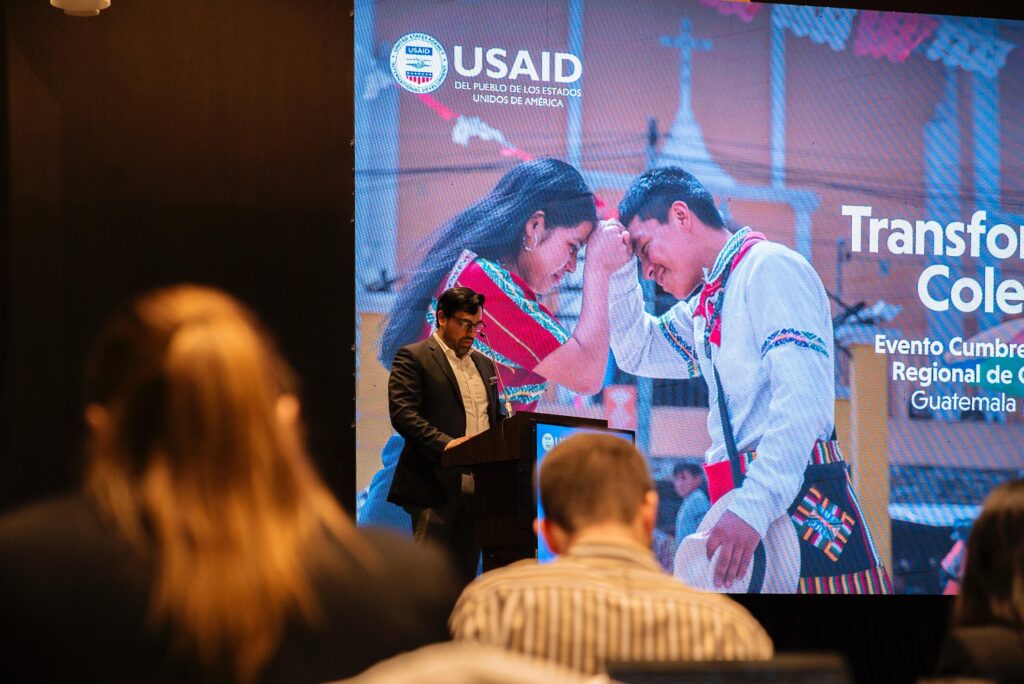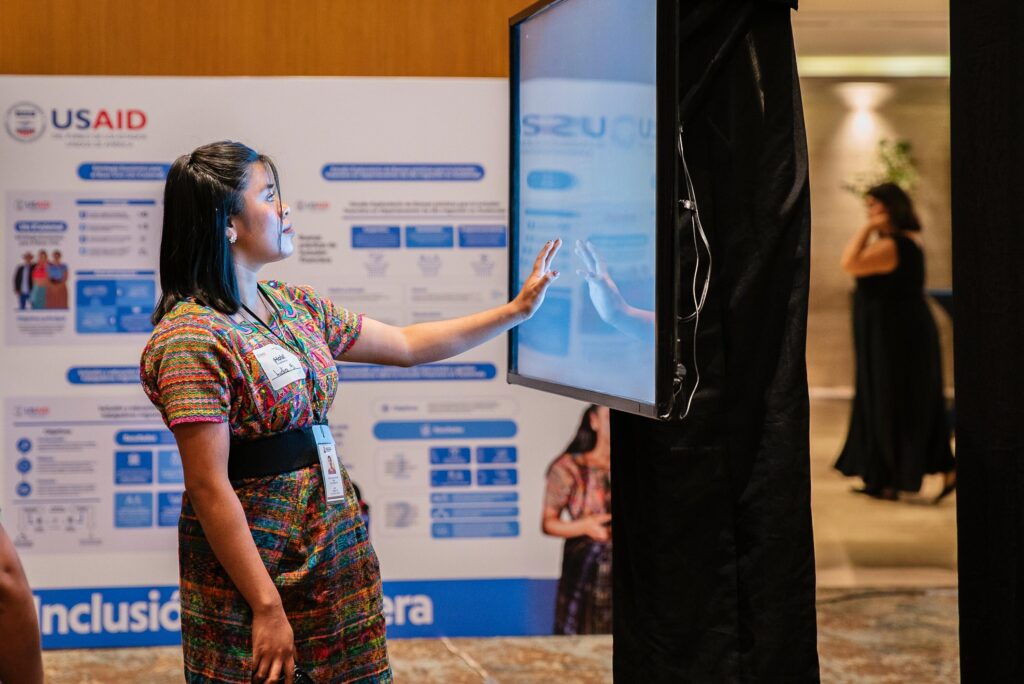Guatemalan communities see gains in advocacy coordination & economic empowerment as USAID/OTI program concludes
By Daniel Lynx Bernard
A program strengthening resilience across Guatemala recognized and celebrated local organizations that advocated for marginalized communities that resulted in political and economic change.
The Central America Regional Initiative (CARI), funded by the USAID’s Office of Transition Initiatives (OTI), gathered local partners for its close-out event on April 9, 2024. Speakers attested that the program had catalyzed women, youth, and marginalized communities to engage more effectively with the government and seek solutions to support Guatemala so that citizens can prosper and remain there.
“The CARI program has been a beacon of hope and progress, focusing on increasing interaction and joint coordination between multi-level governance structures,” said Fernando Maldonado, USAID/OTI Country Representative for Guatemala. “It has empowered women, engaged youth in decision-making processes, and fostered economic empowerment in marginalized communities through innovations in financial inclusion.”

Part of a Central America strategy since 2021 that included El Salvador and Honduras, CARI Guatemala strengthen local partners in addressing problems that contribute to irregular migration. One of CARI’s approaches is to equip local communities with skills and tools in advocacy, leadership and planning so they can address pressing social, economic and environmental challenges.
In Guatemala, CARI implemented 92 activities in more than 22 municipalities in Guatemala since 2021, directly reaching more than 48,000 people. Program partners include community leaders, youth networks, women, grassroots organizations, local governments and financial institutions.
Better coordination among community groups and improving their contacts with government from the local level to the national increased their impact, program organizers said. Although community advocates were active before, their efforts were dispersed, focusing mostly on the local level and individual interactions. After capacity-building through CARI, stakeholders are working together to advocate at multiple levels with broader ambition to expand the scale of their impact.
For example, after capacity-building through CARI, youth representatives from three communities in Santa Carina Palopó together successfully advocated for the municipal council to incorporate their development proposals into the four-year operational plan.

“This story highlights the determination of youth leadership and community collaboration,” Oscar Masaya, Program Development Officer with CARI Guatemala, said at the time. “It illustrates how adequate support and training can transform the aspirations of young people into concrete actions that generate a positive and lasting impact in their environments.”
In other examples of fostering collaboration for broader impact, CARI Guatemala helped five communities in Salcajá form a monitoring network to prevent violence against children and youth and refer victims to services; and helped parent organizations in Salcajá and Santa Carina Palopó form two municipal networks to promote improvements in education.
Toward the goal of fostering economic empowerment in marginalized communities, CARI gathered data on the obstacles to financial inclusion and shared this knowledge among key stakeholders. CARI facilitated communication and coordination among the strategic actors who can promote financial inclusion such as banks, universities and experts in knowledge management and advocacy. That research and dialogue affirmed the value of financial education for women, youth and families receiving remittances from relatives abroad to help them better use and invest their funds.
In addition to reviewing accomplishments under the program, the event served as a discussion forum in which stakeholders cemented their commitment to sustain the work of CARI.
“CARI’s impact can be seen in the strengthened partnerships, organizations and communities, the amplified voices of women and youth, and the thriving communities that have embraced economic empowerment,” Maldonado said. “Together, let’s continue to build a brighter future for Guatemala and the entire Central American region.”
Michael Tamburri and Jessica Castellán contributed to this article.
